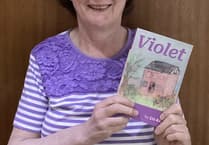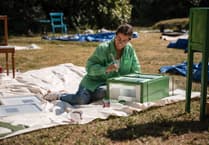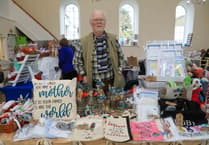An Onchan man has been awarded a British Empire Medal (BEM) for services to the community during the pandemic.
James Quayle received the honour in the Queens New Year’s Honours list.
Mr Quayle,32, went to Onchan School and St Ninian’s before studying a BA in History and an MA in Humanitarianism and Conflict Response in Manchester.
He now lives and works in London, and received the BEM for ’services to the community in the City of Westminster particularly during Covid-19’.
Mr Quayle’s family still lives in the island, and were bursting with pride at the news.
As his mum, Alison Quayle, said: ’James is a Manx lad who was born and educated here and we are extremely proud of him.’
Mr Quayle has worked with and for several charitable organisations in Southampton and London since leaving university, and for the last 12 years has also been heavily involved with a charity supporting and educating children in Tanzania.
Mrs Quayle added: ’At the beginning of the pandemic he managed a busy foodbank in London - the North Paddington Foodbank - where he was the only full-time staff member at the time.
’Like many other people, James suddenly found himself dealing with a rapidly increasing need for urgent help and worked tirelessly for more than 18 months dealing with all aspects of the organisation, which grew enormously over that period.’
Mr Quayle was shocked and surprised in early December to hear that he had been nominated for an award in recognition of his efforts.
He said: ’I’m still processing it to be honest, it’s still a bit weird.
’There’s an element of discomfort for getting a recognition like this.
’You don’t want [foodbanks] to be necessary and it’s actually the combined effort of hundreds of people that achieved what led to me getting the honour.
’So I’m trying to think about it in terms of recognition for all of the people who contributed to it, because there were an awful lot of people really.
’The circumstances around receiving it are not the best, in terms of there were a lot of people who needed a lot of help, and that’s still the case.’





This article has no comments yet. Be the first to leave a comment.